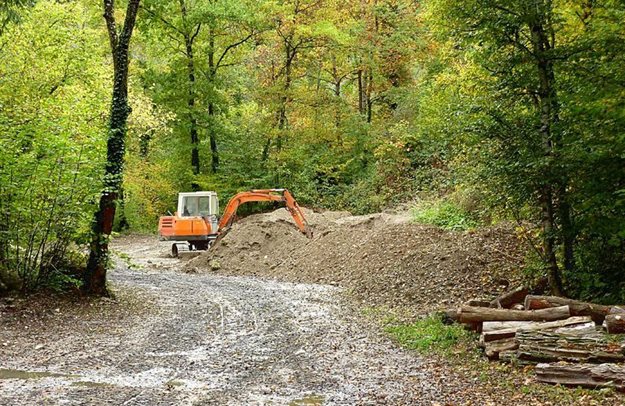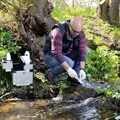Companies that have used a 'rectification' process to admit to and pay for past environmental law transgressions could be forgiven for feeling jittery. While it is seemingly not policy to prosecute such companies if no harm was done and there was no criminal intent, the first successful private prosecution in South Africa earlier this year could be a sign of things to come.
"It seems the environmental group that instituted this prosecution has pulled the list of 'Section 24G' authorisations, which stands at around 2,500, and lined up the right to prosecute," says Melissa Strydom, partner at African law firm Bowmans. She is referring to the Department of Environment Affairs’ rectification process under Section 24G of the National Environmental Management Act.
This process was introduced in 2005 to provide for the rectification of unlawful activities that were commenced without an environmental authorisation. "24G was enacted at a time when South Africa’s environmental laws were still new and unknown, and was an opportunity for companies to bring their operations into compliance with these laws," says Strydom.
Although the process was initially intended to apply for six months, it has remained on the law books for various reasons, including the country’s ever-changing environmental law landscape and the complexities of navigating the legal requirements.
Admitting to an offence
"By submitting an application for rectification, an applicant admits to committing an offence," she says, adding that before the authorities took any decision about an application, the company applying had to pay an administrative fine.
Initially, fines were set at up to R1-million but this was subsequently increased to up to R5-million. If proposed amendments to Section 24G are passed, the penalty could rise to up to R10-million.
An important point to note about the process is that the holder of a 24G authorisation is not exempt in law from criminal prosecution, Strydom says. "However, many Section 24G applications have been accepted in the past 14 years, without any known (public) prosecutions."
This seems to align with the Department of Environment Affairs’ approach that the use of administrative enforcement mechanisms is the preferred tool for dealing with so-called ‘brown’ issues (pollution, waste and environmental impact assessment), as these far outweigh the number of criminal prosecutions instituted.
It is also in line with the view of many criminal law writers that criminal sanctions must be applied to the most serious and most culpable offences, and not only used as a mechanism to deter.
Private prosecution introduces uncertainty
Then came the successful prosecution by environmental popup group Uzani of BP South Africa, with judgment delivered in the Pretoria High Court on 1 April 2019. BPSA was found guilty of 17 counts of contravening the Environment Conservation Act by commencing the construction of filling stations in Gauteng without an environmental authorisation.
Strydom notes that it appears that BPSA had in 2005 submitted rectification applications for undertaking the construction of the filling stations without authorisation, and in respect of which its authorisations were ultimately granted.
"The judgment in this case raises many questions, and it seems likely that it will be appealed," she says, explaining that certain legal principles have to be properly ventilated and interrogated, and that the judgment had potentially ‘far-reaching and extreme’ legal circumstances – not just for companies but for the entire rectification regime.
Strydom recommends that before submitting a Section 24G application, companies undertake a thorough analysis of the applicable environmental law requirements. "Exercise caution so that an application does not come back to bite you."





































